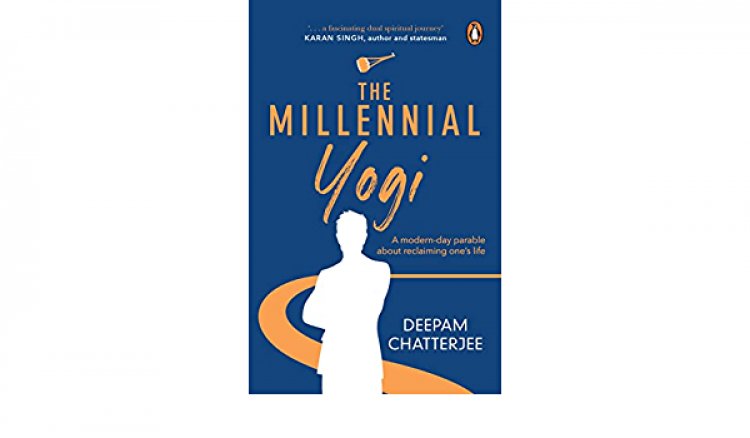Ex-armyman's book mixes mysticism, music

New Delhi: Former army captain Deepam Chatterjee, who had to quit the force due to a debilitating spinal injury, has come out with a book that mixes mysticism and music to take readers on a journey of awakening.
"The Millennial Yogi" is billed as a modern-day parable about reclaiming one's life. Published by Penguin Random House imprint Ebury Press, it crafts a tale of loss, redemption, and the fight for one's soul in an increasingly materialistic world and the zeitgeist parable for anyone searching for meaning and purpose in life.
The book talks about Jayshankar Prasad, or Jay, who has had a shady-yet-mercurial rise in his journey as an entrepreneur, but has little idea as to what is around the corner. On the other hand, Vini, a mystic monk, has already been there, and knows what it is like to have it all and then lose it in an instant. Greed, power, money - are all transitory.
In a serendipitous twist of fate, Jay crosses paths with the enigmatic Vini and thus begins a cathartic and transformative journey.
After his stint in the army, Chatterjee spent time with various spiritual teachers, including the Dalai Lama. Later, he trained under Sri Sri Ravi Shankar and taught the Art of Living courses before embarking on a journey of self-exploration.
He writes and lectures on Hindu thought, meditation, spirituality, mysticism, mythology and wellness. He has translated a significant body of Sanskrit works into easily readable literature for young readers and mainstream audiences.
Chatterjee says he writes to explore and express the inexpressible. And he read everything he could lay his hands on.
"As I grew older, I veered towards introspective, philosophical and spiritual literature, and this became the main fodder for me after I began understanding the deeper nuances of Maugham, Fitzgerald and Hemingway on the one hand, and Premchand, Nirala, Amrita Pritam and Harivansh Rai Bachchan on the other. Their influence is evident in my writings," he says.
He soon graduated to reading Urdu poetry in Devanagari, as he cannot read the original script, and to reading translated books.
"Delving deeper beyond language, I began exploring spiritual and mystical poetry and was slowly led to learn, and then teach, the devotion-soaked writings of the Bhakti saints, the exclamations of amazement and joy of the Advaitins, and began to realize the infinite depth of the awakened ones," he says.
"Sufi, Zen, Taoist and Vedanta writings eventually directed me towards the Upanishads and the Vedas," he adds.















































